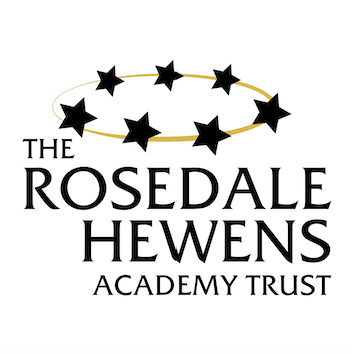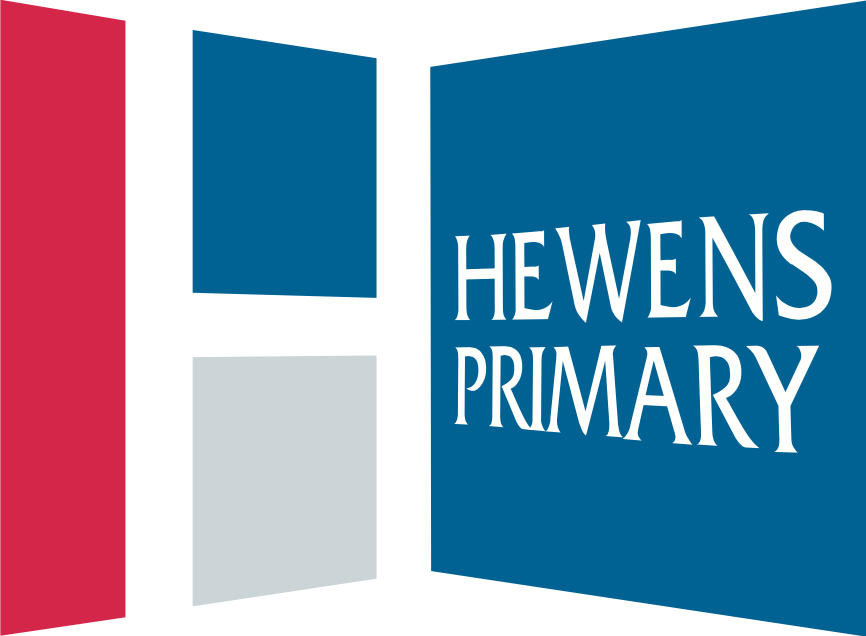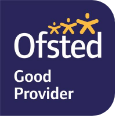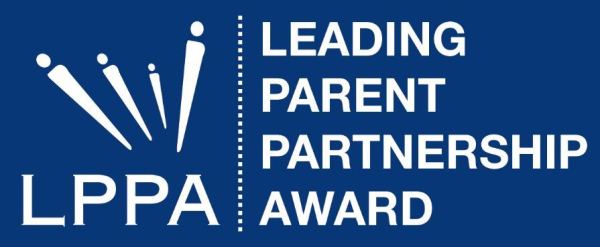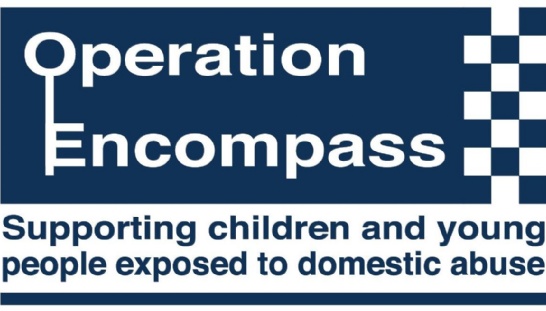Curriculum Subjects
KEY STAGE 1 AND KEY STAGE 2
ENGLISH
Children in Years 1 to 6 are taught following the guidelines in the National Curriculum.
English is developed through guided and shared reading and writing, daily phonic activities and tasks such as retelling stories, building vocabulary skills, role play activities, teaching explicit reading comprehension skills, in addition to more formal grammar, punctuation and spelling activities, all of which support the child’s development as an active speaker and listener.
In the school we aim to provide a breadth of reading experience and foster an enjoyment of books. We use a variety of reading schemes alongside graded fiction and non-fiction texts, as well as books from our well stocked library. Reading is taught through a variety of approaches - mainly based on phonics but also including recognition of familiar high frequency words and whole sentence work. The reading programme amalgamates a variety of books which have been divided into 13 colour-coded levels of difficulty. Oxford Reading Tree is the main scheme but children choose from the colour coded band, based on their level, alongside it.
The reading progress of all children is carefully monitored by the class teacher and additional support is given to any child where necessary. Reading books are sent home on a daily basis to be shared with parents, guardians and carers as part of a child’s homework. We also encourage children to make use of the local library to develop a breadth of reading experiences.
Another major focus of our English lessons is the teaching of Writing. We focus on different genres each half term and ensure that the writing skills are taught to scaffold pupils’ mastery of the genres. As a major assessment, pupils must complete an end of unit unaided writing piece which contributes to the final teacher assessment grade for each half term.
MATHEMATICS
The children in Years 1 and 2 follow the guidelines in the National Curriculum whereby every child receives quality maths teaching: fluency, word problems, problem solving and reasoning through White Rose Hub Scheme of Work.
Through this we endeavour to provide a challenge and sense of achievement and enjoyments for all our pupils, enabling them to develop their full potential. Mathematics is an ideal area for developing skills in other subjects, promoting a logical and methodical approach and where possible is integrated into a meaningful topic framework. We also link learning to real life experiences and challenges.
Pupils are also given the opportunity to practice and master their times table through Times Table Rockstar from Years 1 to 6.
SCIENCE
Science permeates almost every aspect of daily life. It is included as an integral part of topics and these are selected to ensure that all the National Curriculum areas of science are covered.
We introduce pupils to the processes of science and give opportunities for the acquisition of knowledge and understanding through experiment, practical work, discussion, the use of audio-visual aids and books.
Children are given opportunities to use the scientific knowledge and understanding to solve problems in a range of contexts with an emphasis on practical investigation and learn about Plants, Animals including humans, Habitats, Everyday Materials and their uses and Seasonal Changes.
ART & DESIGN
Children are encouraged to use a range of materials, tools and techniques to represent in visual form what they observe, remember and imagine. They will for example use paints, pastels, charcoal, clay, wax, wool, thread, pattern, texture and light. They are encouraged to observe closely and to talk about and modify their work. They are also taught to recognise, appreciate and compare famous works of art and to make connections between their own work and that of other artists.
HISTORY
Studying history helps children to make sense of the world in which they live, and builds awareness and understanding of the effect of past events on the present. We aim to develop a sense of enquiry without prejudice, into all aspects of history. Historical skills such as sequencing and using sources and artefacts to provide evidence are developed throughout the curriculum. We alternate the teaching of History and Geography each half term in line with the National Curriculum Objectives.
GEOGRAPHY
Studying geography helps children make sense of their surroundings and the wider world. We aim to help pupils develop methods of enquiry and to increase their geographical knowledge and understanding through learning about their immediate area, and contrasting areas of the United Kingdom and the world, whilst developing key geographical skills eg. map work and identifying physical and natural features of environments. We alternate the teaching of History and Geography each half term in line with the National Curriculum Objectives.
PHYSICAL EDUCATION (PE)
A designated day is assigned to each year group for PE each week which includes dance, games, gymnastics and outdoor activities. They are taught to understand the positive effects of exercise on their bodies, maintaining flexibility and developing strength and endurance. They are encouraged through the PE programme to solve problems, evaluate and modify their attempts and to consolidate skills. Attitudes of fair play and good sporting behaviour are encouraged as are concerns for the safety of themselves and others.
MUSIC
Children are encouraged to develop their skills in the different aspects of music, including pitch, rhythm, pulse and composition. They are taught to listen to and to compose and perform music. In addition to this, children in Years 4 to 6 have the opportunity to join our Choir Club and represent the school at the Young Voices Concert which usually takes place at the O2 Arena. We teach music through the Charanga scheme of learning.
PHYSICAL, SOCIAL AND HEALTH EDUCATION (PSHE)
An appreciation of other people’s needs as well as their own is fostered in the children through imaginative play indoors and outside, using construction play, shops, home corner, hospital corner, dressing up, puppets, etc for Early Years.
We aim to give the children strategies for keeping safe and feeling secure. Different aspect of the curriculum each half term is aimed at developing the children’s emotional literacy and awareness of others by exploring the Zones of Regulation. We also receive visits from the Life Education Centre ‘Life Bus’ each year which endorses knowledge and attitudes towards keeping safe and healthy and form the basis for future work in connection with drug education.
RELIGIOUS EDUCATION (RE)
Religious Education shares common ground with other elements in the curriculum in contributing to the personal, moral, spiritual and social development of pupils. We see Religious Education as being primarily concerned with self-understanding and an ability to express experiences and ideas, awareness and respect for other people and their beliefs, values and feelings alongside an appreciation of the natural world.
We aim to develop an in depth awareness of the belief and practice of the
major religions. However, all children are invited to bring their own experiences, beliefs and understandings to the discussions thus fostering a greater understanding of faith in the school community and developing mutual respect. We celebrate all the major festivals of the major religions and ensure that all pupils respect and understand why and how they are celebrated.
COMPUTING
This subject is becoming increasingly important in society and continually evolving. We aim to encourage children to develop the skills which are essential for life in a rapidly changing technological age. Information and communication technology is concerned with storing, processing and presenting information by electronic means. Through the use of technologies pupils learn about the nature of information, become comfortable with the technology, developments and are able to exploit its potential. This is achieved through hands-on experience, using various computer programs which cover a wide range of areas including coding and programmes.
The children develop essential skills through the use of word processing, imaging and mathematical software in addition to using the internet to support their learning. The children have the opportunity to acquire the skills needed to access technologies through the use of the schools fully networked ICT suite and ipads.
We take internet safety seriously and try as much as possible to ensure we avoid children becoming exposed to unsuitable material. ICT is mainly delivered through the Purple Mash Scheme of Work.
MODERN FOREIGN LANGUAGE (MFL)
All pupils in Key stage 2 are expected to achieve their full potential by encouraging high expectations and excellent standards in learning French. The ultimate aim is that pupils will feel willing and able to continue studying languages beyond Key Stage 2. The intent is that all content will be continuously updated and reviewed annually, creating a dynamic programme of study that will be clearly outlined in both long-term and short-term planning. This will ensure that the foreign language knowledge of our pupils progresses within each academic year and is extended year upon year throughout the primary phase and, in so doing, will always be relevant and in line with meeting or exceeding national DfE requirements. The four key language learning skills; listening, speaking, reading and writing will be taught and all necessary grammar will be covered in an age-appropriate way across the primary phase. This will enable pupils to use and apply their learning in a variety of contexts, laying down solid foundations for future language learning and also helping the children improve overall attainment in other subject areas
We intend for all pupils in Key Stage 2 to develop a genuine interest and positive curiosity about French, finding them enjoyable and stimulating. Learning a second language will also offer pupils the opportunity to explore relationships between language and identity, develop a deeper understanding of other cultures and the world around them with a better awareness of self, others and cultural differences. The intention is that they will be working towards becoming life-long language learners.
Please click this link for: The DfE National Curriculum in England Key Stages 1 and 2 Framework Document
Please click this link for: What to Expect in the Early Years Foundation Stage

